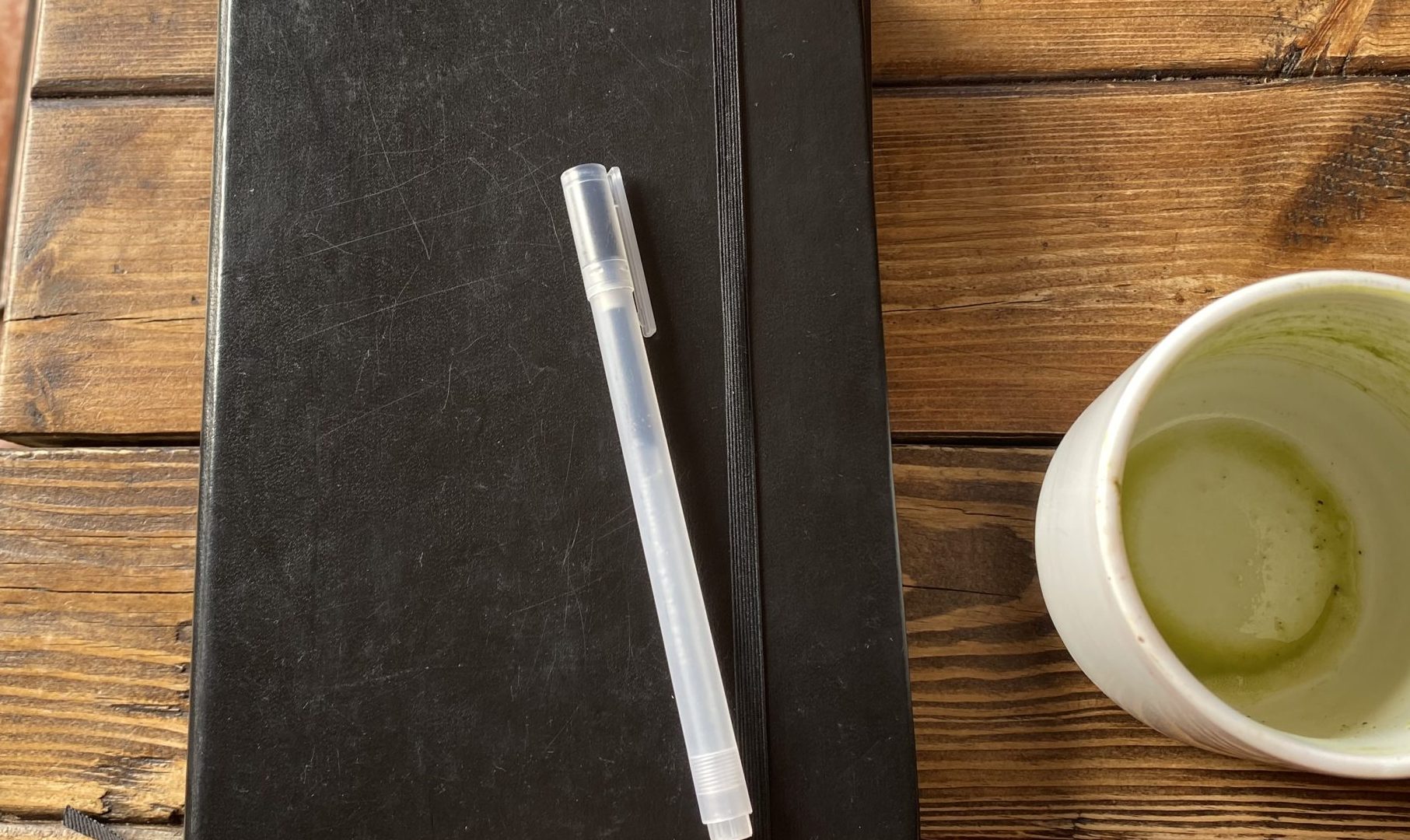Better Coping Skills: Healthy Behaviours
A few weeks ago, I attended one of the four workshops in the Better Coping Skills series. The workshop focused on how to make behavioural changes in order to positively influence your feelings and emotions. Other workshops in the series address other ways to change your mood, like managing negative thoughts. Workshop facilitators emphasized how behaviour can influence mood, which can create a cycle of negative moods and behaviours. Behavioural change is needed to break that cycle.

How can I change my behaviours?
The workshop outlined a few tools that can be used in making behavioural changes. Exposure to anxiety-inducing situations is essential, as it teaches us that our worst fears rarely come true, and reinstates confidence by adding evidence into the cycle of mood and behaviour. Instead of stressing and avoiding action, exposure can help give us the confidence to engage in a situation that also makes us anxious.
How do I start introducing stressful situations in a healthy way?
Beginning with tasks that are lower in stress and easier to manage is key here—pick something you are sure you can do! If you start with a task that is overwhelming, you might end up unsuccessful on the first attempt, and this could discourage you. The goal is to prove your worries wrong and gradually increase your confidence.

You can formalize the process by keeping a log of your "behavioural experiments" and use your notes to remind yourself of what you have accomplished. Even when situations don't go as planned, you can write notes and try to learn from them. You may need to try things multiple times, and that is okay!
What if I don't avoid things because of anxiety?

Other feelings, like low mood and depression, can also affect our behaviours. In this case, many of the same tips apply. Try starting with tasks or activities that require less energy and slowly work up to bigger ones. Keep track of how activities make you feel, and try to remind yourself that an activity or task makes you feel good when you don't feel like doing anything.
Key takeaways:
- Avoidance decreases anxiety in the short term, but increases it in the long term.
- Try to introduce objectivity: Our feelings can influence our desire to engage in certain behaviours without even realizing it. When we feel low, we may not feel like doing things that will make us more energized. Keeping track of how we feel allows us to remember what will improve our mood.
- Ease into behavioural change: Do your best to set up for success.
- Not every endeavour will go perfectly, so it is important to release the need for perfection and to try and learn from everything we do. It is okay if things don't go according to plan!
The workshop series:
If this blog post resonated with you, I highly encourage you to check out the other workshops in the series! They are available on Zoom and are offered at different times throughout the semester for your convenience. It is a low stakes and low-stress environment to learn more about how to regulate emotions and improve coping skills in tough situations.
Signing off,
– Annie
